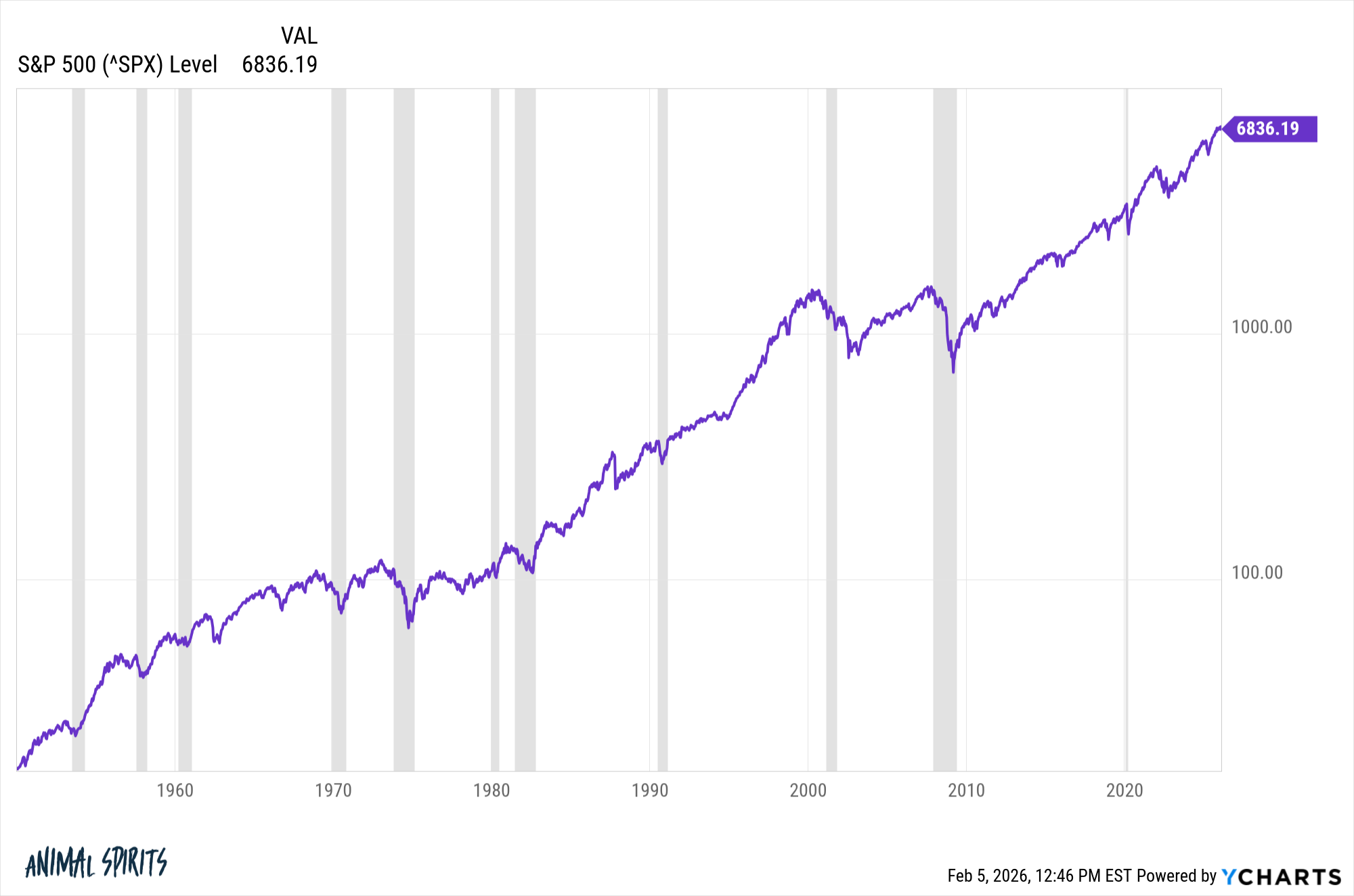We recently talked about Tesla’s $16.5 billion investment to reshape its chip supply chain.
Now it seems like Amazon could be testing similar waters.
But not with a new chip factory. And not with a big announcement either. In fact, the move Amazon recently made was about as under-the-radar as you can get.
It recently bought $84 million worth of AMD stock.
Obviously, this wasn’t exactly a headline-grabbing move for the $2.4 trillion company.
After all, $84 million is a rounding error for billionaire Jeff Bezos. He spent more on his recent nuptials in Italy!
So this could just be routine portfolio diversification.
But Amazon typically doesn’t make big public investments in other tech giants.
And when you connect the dots, this modest purchase might indicate something much bigger.
I believe it could represent the first step in a deeper strategic realignment around Amazon’s cloud and AI ambitions…
And a recognition that its homegrown efforts haven’t kept pace with the AI race that’s driving the 4th industrial revolution.
Betting on a Rival
Let me walk you through my thinking.
Amazon’s first quarter 13F filing, released last month, revealed that the company had acquired 822,234 shares of AMD sometime before March 31, 2025.
This position was valued at around $84.4 million at the time.
Clearly, a stake this size isn’t big enough to influence AMD’s direction.
But it could signify the start of a deeper connection between the two companies.
As I’ve written about before, AMD is increasingly central to the AI hardware conversation.
Its MI300X chips are looking like the first serious challenger to Nvidia’s H100 dominance.
Source: AMD
But unlike Nvidia, which is chronically supply-constrained, AMD is eager to expand adoption of its data center chips through cloud providers like AWS.
In fact, some of AWS’s virtual servers already run on AMD’s EPYC chips, thanks to an ongoing partnership between the two companies.
So this investment doesn’t come out of nowhere. But it does raise a bigger question:
Why now?
One possible reason is that Amazon’s own chip efforts haven’t gone as planned.
Amazon introduced its first custom AI chip, Inferentia, in 2018 and launched it publicly in 2019. Then in late 2020, it unveiled Trainium, a training-focused processor designed to compete with GPUs.
Both chips were positioned as cost-effective, high-performance alternatives to Nvidia’s dominance.
But adoption has been limited, and the broader market response has been lukewarm.
Despite early partnerships with startups and some internal use cases, Trainium hasn’t gained meaningful adoption among large-scale customers.
Inferentia has found some traction for inference tasks, but neither chip has broken out beyond a handful of AWS workloads.
One reason is Nvidia’s stranglehold on the AI software stack.
Nvidia doesn’t just sell GPUs — it built an entire ecosystem around them.
Its proprietary software platform known as CUDA has become the industry standard. Most machine learning tools are built around it, and retraining those systems to work on non-CUDA chips can be costly and time-consuming.
Naturally, this makes it a tough sell to change to a competitor’s chips, even if they promise more speed for less money.
And that kind of friction has stalled Amazon’s ability to turn Trainium and Inferentia into serious contenders, even as demand for AI hardware is reaching new heights.
So what do you do when your custom chips can’t compete at scale?
One solution is to turn to your suppliers.
In Amazon’s case, it might also mean turning to a potential partner.
In other words, a closer partnership with AMD seems like the obvious play.
Because, right now, every major tech company is currently locking in its AI hardware strategy.
Microsoft is deepening its Nvidia dependency.
The company is even leasing entire data centers to secure GPU access.
Google continues to refine its in-house TPU chips while still buying Nvidia units in bulk.
Meta is both building its own chips and buying them off-the-shelf to hedge its bets.
While Oracle is leaning into Ampere-based ARM chips for its cloud growth.
I’ve been pounding the table about this major tech shift for a while.
If you want to be competitive in today’s market, you can’t just rent compute anymore. You have to own — or at the least influence — the entire stack, from the chips themselves to the software layers that run on top.
That’s what made Tesla’s Samsung deal so interesting. By ensuring its next-gen AI chips are built in Texas, it’s reducing geopolitical risk and cementing supply.
Amazon’s AMD investment might be its own version of that play.
Here’s My Take
If Amazon’s recent stock purchase is a sign of a developing partnership with AMD, it could have real consequences for the next phase of AI infrastructure.
For one, it would give AWS a viable alternative to Nvidia’s long wait times and premium pricing.
More importantly, it could open the door for AMD to build custom chips specifically for Amazon’s AI needs, and with tighter integration into its software stack.
That’s the kind of vertical optimization — owning the entire stack —- we’ve already seen from Apple, Google and Tesla.
And if Amazon can pull it off with AMD, it could give the company both a supply and a performance edge in the AI cloud wars.
But none of this is guaranteed.
After all, Amazon’s current stake in AMD is relatively small, and there’s been no official announcement of a strategic partnership between the two companies.
It’s quite possible that what’s happening here is all smoke and no fire.
But in an industry where every company is scrambling to control its AI destiny, it’s not crazy to believe that a small move like this could reveal bigger ambitions for Amazon.
To me, it signals a potential pivot toward a tighter integration with one of Nvidia’s fiercest rivals.
And if it does turn into a deeper collaboration between the two companies, don’t be surprised to see custom AMD chips powering AWS AI services by this time next year.
Regards,
Ian King
Chief Strategist, Banyan Hill Publishing
Editor’s Note: We’d love to hear from you!
If you want to share your thoughts or suggestions about the Daily Disruptor, or if there are any specific topics you’d like us to cover, just send an email to [email protected].
Don’t worry, we won’t reveal your full name in the event we publish a response. So feel free to comment away!
Disclaimer: This story is auto-aggregated by a computer program and has not been created or edited by finopulse.
Publisher: Source link








